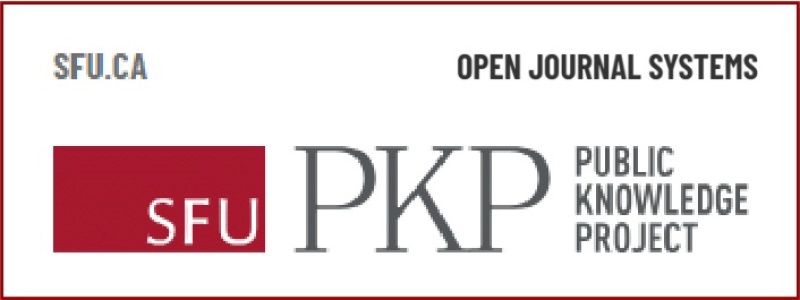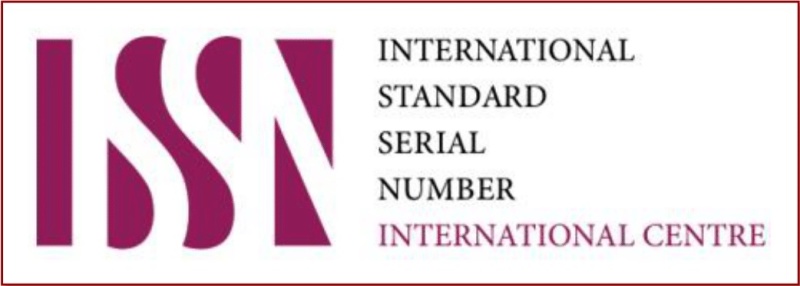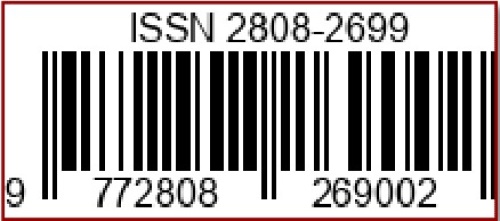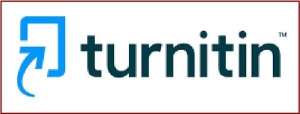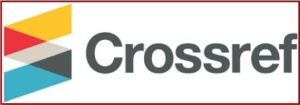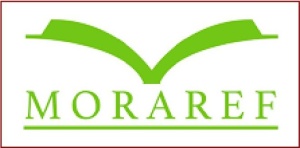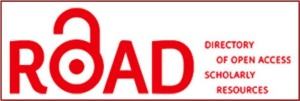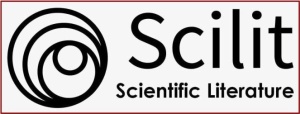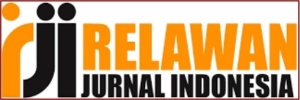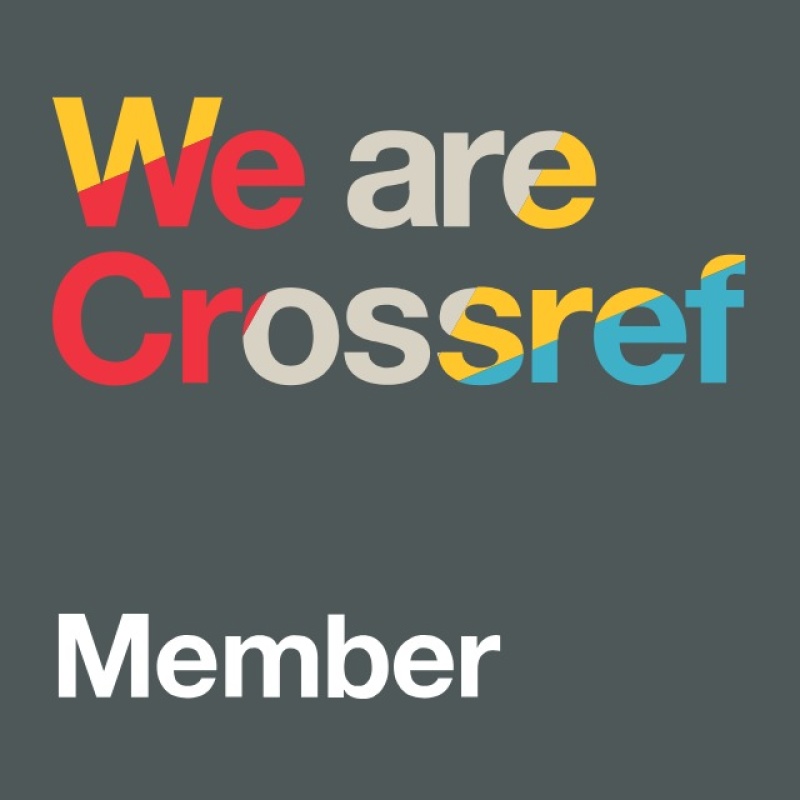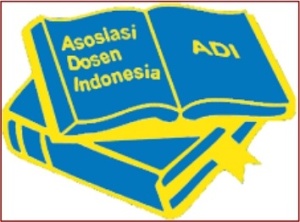Pengaruh Model Pembelajaran Kooperatif Tipe Rotating Trio Exchange terhadap Hasil Belajar Kognitif Siswa Kelas VII
DOI:
https://doi.org/10.36312/ejiip.v3i1.146Keywords:
Rotating Trio Exchange, Cognitive Learning Outcomes.Abstract
Based on the results of initial observations at MTs. Nurul Islam Sekarbela Mataram, it was found that student learning outcomes were still relatively low, and the methods used by teachers were still not varied. So the researchers tried to use the rotating trio exchange cooperative learning model. This research was conducted with the aim of knowing the effect of the Rotating Trio Exchange (RTE) cooperative learning model on the cognitive learning outcomes of students at MTs. Nurul Islam Sekarbela Mataram, with one class using the same learning model. This data collection took place from 24 April 2018 to 12 May 2018. In this study there were two types of data obtained, namely, qualitative data and quantitative data on students' cognitive learning outcomes. Meanwhile, quantitative data was obtained from the evaluation results of student learning tests. The data is then analyzed using a predetermined formula. The type of research used is quasi-experimental. The research sample was class VII-B MTs. Nurul Islam Sekarbela Mataram, with a total of 32 subjects. Data collection techniques used observation sheets and questions in the form of essays which totaled 4 questions and multiple choice which totaled 20 questions. The results of this study show that the average value of the pre-test is 47.7 and the post-test is 69.6, so the results obtained in this study have a tcount greater than ttable at a significant level of 5% with dk = 6 (tcount ≥ ttable = 37.380 > 33.362). Thus, it can be concluded that Ha is accepted and Ho is rejected, meaning that there is an effect of using the cooperative learning model of the Rotating Trio Exchange (RTE) type, cognitive biology learning outcomes of MTs. Nurul Islam Sekarbela Mataram academic year 2017/2018.
Downloads
References
Arikunto, S. (2006). Prosedur Penelitian Suatu Pendekatan Praktek. Jakarta: PT. Rineka Cipta.
Erniati, N., Royani, I., & Imran, A. (2022). Pengaruh Model Pembelajaran Somatic Auditory Visualization Intelectually (SAVI) terhadap Keterampilan Sosial dan Hasil Belajar Kognitif Siswa Kelas X. Panthera : Jurnal Ilmiah Pendidikan Sains dan Terapan, 2(3), 163-171. https://doi.org/10.36312/pjipst.v2i3.103
Isjoni. (2012). Pembelajaran Kooperatif : Meningkatkan Kecerdasan Komunikasi Antar Peserta Didik. Yogyakarta: Pustaka Pelajar.
Kunandar. (2013). Penilaian Autentik : (Penilaian Hasil Belajar Peserta Didik Berdasarkan Kurikulum 2013). Jakarta: PT. Raja Grafindo Persada.
Lapopo, J. (2012). Pengaruh ZIS (Zakat, Infaq, Sedekah) dan Zakat Fitrah terhadap Penurunan Kemiskinan di Indonesia Periode 1998-2010. Media Ekonomi, 20(1), 83-108.
Nurkencana, W. (1990). Evaluasi Hasil Belajar. Surabaya: Usaha Nasional.
Nurhayati, W., Amran, E. Y., & Erviyenni. (2013). Penerapan Model Pembelajaran Kooperatif Rotating Trio Exchange (RTE) sebagai Upaya Peningkatan Prestasi Belajar Siswa pada Pokok Bahasan Reaksi Reduksi Oksidasi di Kelas X SMA Negeri 2 Pekanbaru. Repository: Universitas Riau.
Sugiyono. (2006). Metode Penelitian Kuantitatif, Kualitatif dan R&D. Bandung: CV. Alfabeta.
_______. (2014). Metode Penelitian Kuantitatif, Kualitatif dan R&D. Bandung: CV. Alfabeta.
Sukardi. (2003). Metodologi Penelitian Pendidikan. Jakarta: PT. Bumi Aksara.
Suryani, E., Hadiyanto, A., & Rahmaniah, S. I. (2022). Pengaruh Model Pembelajaran Rangking One Chemistry Quiz terhadap Motivasi dan Hasil Belajar Kognitif Siswa. Educatoria : Jurnal Ilmiah Ilmu Pendidikan, 2(1), 30-39. https://doi.org/10.36312/ejiip.v2i1.53
Tjokrodihardjo, S. (2008). Diskusi Kelas (Bagian 1). Surabaya: Universitas Negeri Surabaya Press.
Yuliana, L. (2021). Penerapan Model Pembelajaran Problem Based Learning Melalui Lesson Study untuk Meningkatkan Keterampilan Memecahkan Masalah Mahasiswa. Biocaster : Jurnal Kajian Biologi, 1(1), 19-25. https://doi.org/10.36312/bjkb.v1i1.20
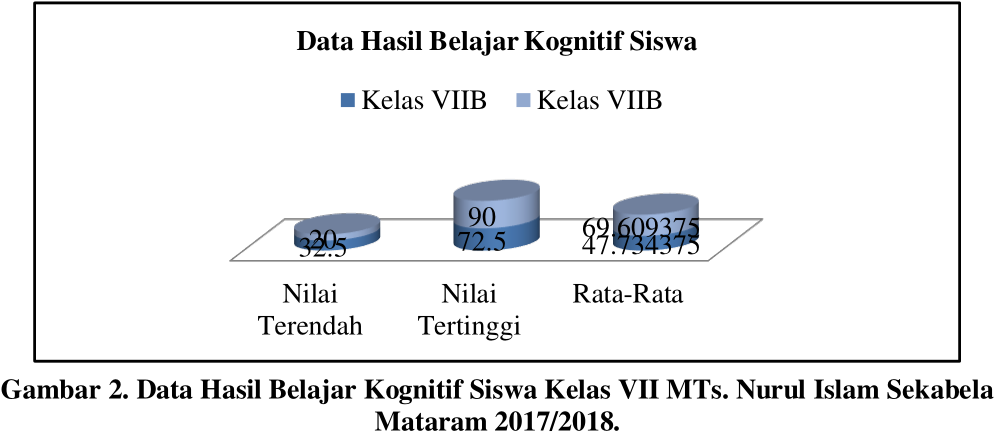
Downloads
Published
How to Cite
Issue
Section
License
Copyright (c) 2023 Dahliati, Ida Royani, & Safnowandi

This work is licensed under a Creative Commons Attribution-ShareAlike 4.0 International License.
-
Attribution — You must give appropriate credit, provide a link to the license, and indicate if changes were made. You may do so in any reasonable manner, but not in any way that suggests the licensor endorses you or your use.
-
ShareAlike — If you remix, transform, or build upon the material, you must distribute your contributions under the same license as the original.

